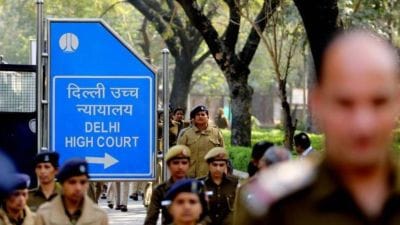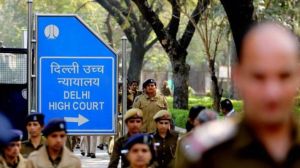Centre worse than Bihar in DA hikes
The central government’s decision to hike dearness allowances (DA) for its staff from 49 per cent to 52 per cent is likely to kick off ...

The central government’s decision to hike dearness allowances (DA) for its staff from 49 per cent to 52 per cent is likely to kick off a series of similar demands in various States. Experts say that, as a rule of thumb, for every one rupee hike in central DA, the DA bill for the States goes up by between Rs 2.5 and 3.
In other words, Tuesday’s hike of DA by Rs 1,079 crore, could result in a Rs 3,000 crore hike in the DA bills of various State governments. That’s an increase of around 2.5 per cent in their salary bills—in other words, much of the reduction in salary bills of States over the past two years is in danger of getting wiped out thanks to the new decision. Interestingly, even a State like Bihar has been less populist than the central government when it comes to DA payments. Bihar’s existing rate of paying DA to its bureaucrats is 45 per cent, and the last DA payment was made over a year ago. The formerly-communist run Kerala, of course, pays the lowest DA rates— only 38 per cent. Rates were frozen at 32 per cent from September 1999, and these were increased by one per cent in January 2000, and then increased by another 5 per cent in September this year by the A.K. Antony government.
The Communist government in West Bengal is another State which has kept a check on DA payments—the State pays a DA of 41 per cent.
Tamil Nadu pays a DA of 41 per cent and this has been frozen for over a year now.





- 01
- 02
- 03
- 04
- 05


























